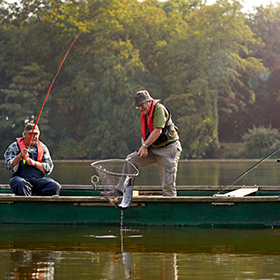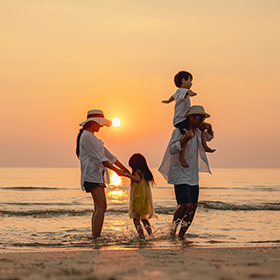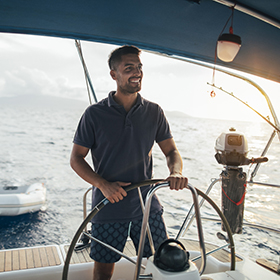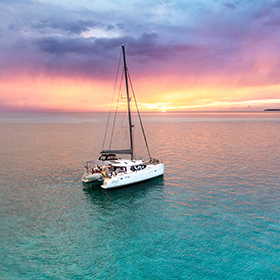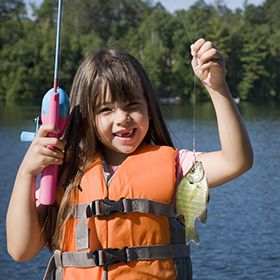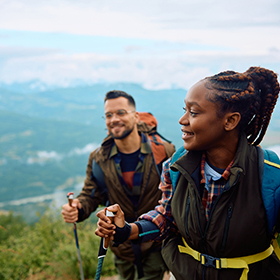Here are several safe boating tips to ensure time on the water remains fun, relaxing, and safe. Boating safely it is super important, read more here!
Boating season is finally here and time on the water is always special as relaxation or recreational fun. But whether just sunbathing on a lazy drift or jumping the wake on water skis, water deserves a tremendous amount of respect and it is important to follow all boat safety requirements to remain, well, safe.
1. Storms
Storms can show up quickly, bringing hazardous lightning, high winds, and miserable downpours. Before heading out on the water, it is a good idea to know the latest weather forecast. I monitor at least 2 different websites because they often are at odds with speed of wind gusts and timing of rough weather arrival. If in doubt, reschedule. It isn’t worth the risk to you and your passengers.
2. Awareness
Awareness is an unappreciated skill. Achieving this condition means being responsibility for the actions of yourself and others, and it requires practice. There are a wide range of items, situations that are worthy of attention before and during any outing on the water. If you are new to boating, asking questions is a good way to start gaining awareness. Do you know where the fire extinguisher is stored? Or, what does that marker buoy mean? Look over that booklet on boating safely again, preferably the night before, not after launched, since you are up with excitement anyway. The goal with awareness is to reduce unnecessary distractions, surprises, or risks.
3. Flotation Device
Flotation Device. When it comes to safe boating tips, one can’t say enough about the life jacket, or PFD. There should be one for every occupant, of correct size, handy, preferably along with a boat safety kit. Depending on your state, a life jacket may not always have to be worn but it is a good idea to think of it as your seat belt and just click it on anytime the boat is under way. One example of PDF enforcement occurs in Pennsylvania between November 1 to April 30, where occupants of boats less than 16 feet and all paddle craft are required to wear life jackets to help deal with boating safely and the cold water shock that can occur.
4. Electronic Device
Electronics such as cell phones are a must have safety device. And not just for calling in case any sort of rescue is needed. There are tons of handy apps such as various maps, finding the locations of friends and family cell phones, and of course, weather. And you’d better bring the phone battery charger while you are at it. Bigger boats mean bigger water, so you will want to know that VHF radio is working and how to use it too.
There are, of course, additional safety considerations and tips but I couldn’t fit all of them into this acronym. A boat safety course, for example, may be required in your state. When doing an in-person boat registration, make sure you pick up all of the latest boating information and stay informed. For the first time without me, my son just took our little boat out on a small lake. He took a friend fishing, who had never been in a boat. I’m sure he replayed my checklist of safe boating tips and covered contingency plans for his friend. Despite a slow bite, they returned all smiles, already looking forward to next time. And that’s what it is all about.


